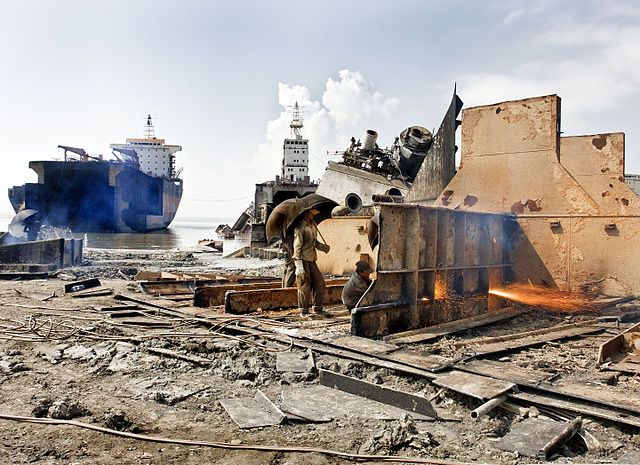A unanimous Parliament has just passed a law that enables Denmark to ratify the UN’s Hong Kong Convention on ship scrapping.
“It is a good day for the environment as well as those who work in the ship breaking industry every time a country ratifies the convention. Shipping is a global industry for which we need international rules,” said the environment minister, Esben Lunde Larsen.
READ ALSO: EU wants to stop Danish shipping giant from scrapping its ships in India
The convention is now a step closer to coming into force. In order to do so, it needs to be ratified by at least 15 countries and, up until now, only six other countries have done so.
Sending a strong signal
“With Denmark’s ratification, we are sending a strong signal to other countries that it is important to prioritise responsible ship scrapping,” said Larsen.
He added that “the more countries that sign, the quicker the convention can enter into force. For example, India [one of the leading scrapping nations] has indicated they are ready to ratify once the EU countries have done so.”
Now that the law has been passed, it will take about a month for the formal ratification process to be completed.
A valuable resource
Worldwide, approximately 1,000 merchant ships are broken up annually and valuable materials such as steel can be reused.
Most of the ships end up in Asia, although Danish-operated ships are typically broken up in yards in India, China and Turkey.















